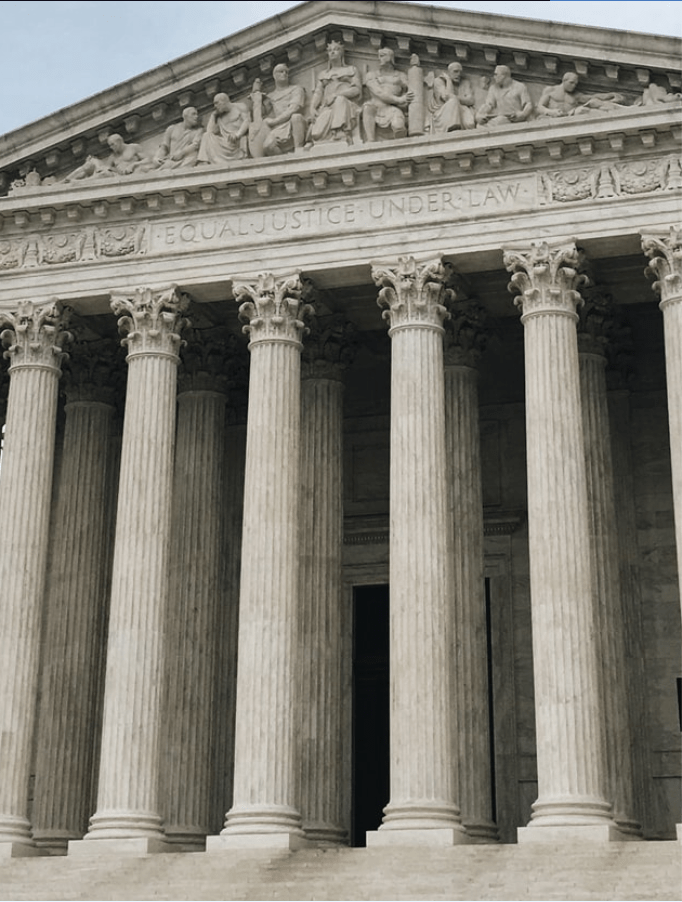

Fourth Amendment: Comprehensive Search and Seizure (JS 645) – ONLINE
Days
to
Course Location
Online
Why should I take this course?
The Fourth Amendment is the most implicated constitutional protection. It is also the most litigated. Accordingly, judges frequently have to rule on objections and motions concerning the Fourth Amendment. What is a search? When does a seizure occur? What are the types of searches and seizures? What interests are protected by the Amendment? Who has standing to challenge the intrusion? When is a search or seizure justified? When do the police need a warrant? If the Fourth Amendment has been violated, does the exclusionary rule apply?
The four-day course offers insights on motion hearings practice, examines the principles related to consent searches, and contains sessions on warrant issuance and review of that decision, warrant execution issues, and searches without warrants. These latter searches include exigent circumstances, community caretaking, inventory searches, and automobile searches. The course also discusses frisks and searches incident to arrest. Finally, the course offers an overview of developing principles related to computers and digital evidence.
Who should attend?
The course is valuable to both beginning and experienced judges.
Who are the members of the faculty?
The faculty for this course include a law professor who has authored two editions of Fourth Amendment treatises and judges who have educated hundreds of their colleagues on the topic of search and seizure.
How is this course taught?
A variety of teaching techniques including lectures, case studies, large and small group discussions, and polling questions. The course is an excellent mix of the theoretical and practical.
What should I tell my presiding judge or funding agency so that my attendance will be approved?
Ruling incorrectly on a search or seizure matter can result in having to retry a case. The Fourth Amendment is one of the most litigated and most technically difficult areas of the law. To avoid wasting scarce judicial resources, all judges can benefit from participation in the course.
Whom should I contact for more information?
For more information, please contact the Registrar’s Office at (800) 255-8343 or registrar@judges.org.

